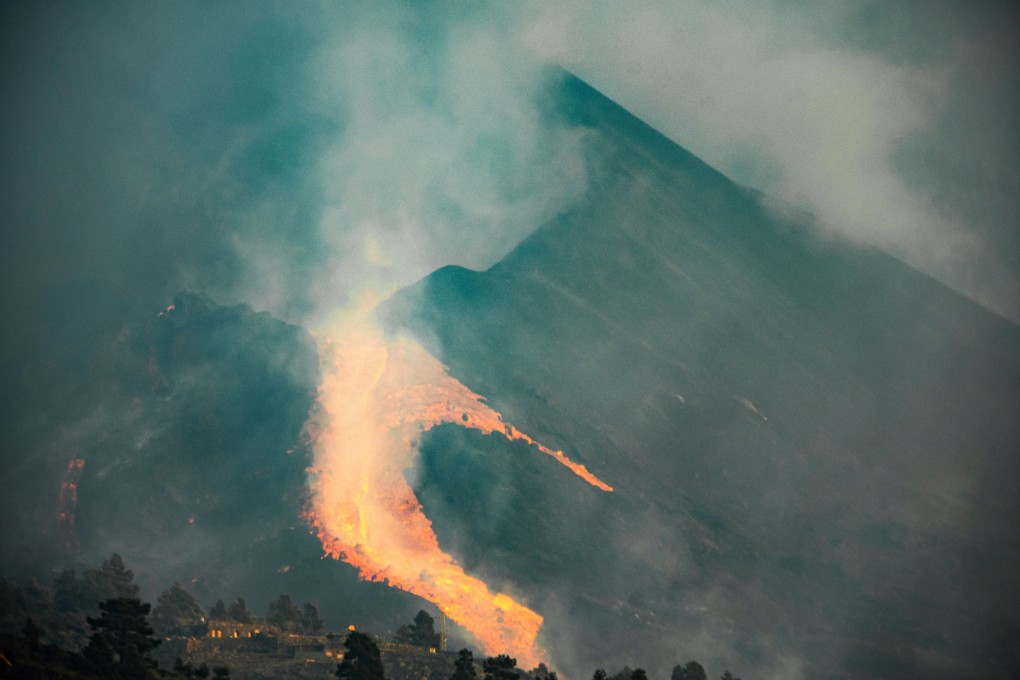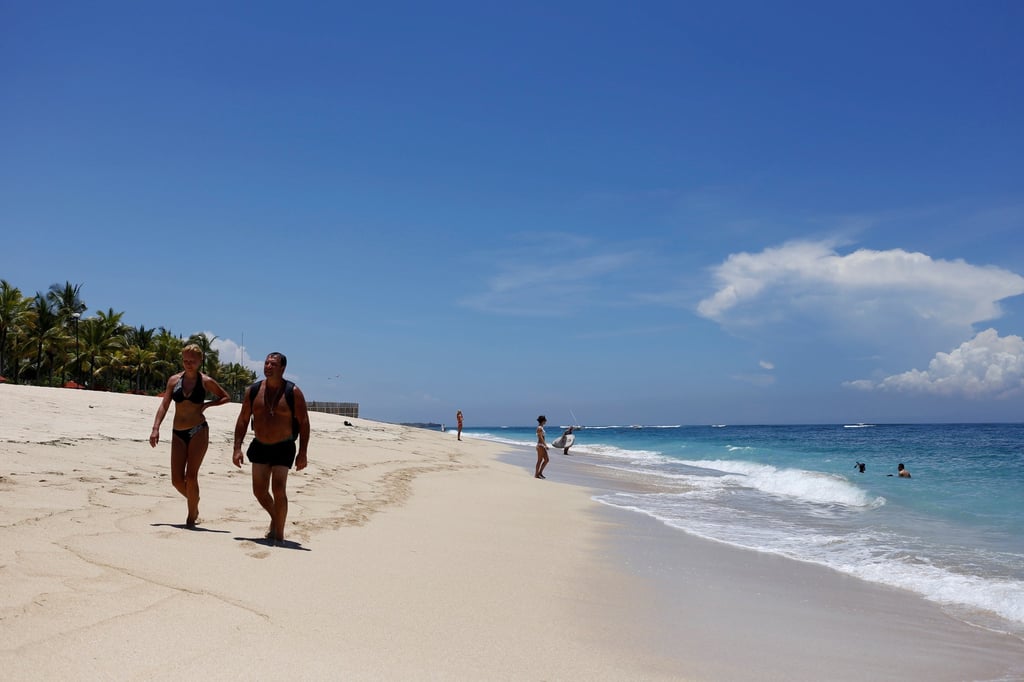Spain’s volcano tourist ‘attraction’ gaffe is far from the first time tourism boards have got it wrong – or worse, put people in harm’s way
- Spain’s attempts to use the La Palma volcano to lure tourists upset many, with locals having lost homes and livelihoods in the eruption
- Adverts tempting tourists to war-torn Syria in 2016 were greeted with widespread disbelief, while Taylor Swift welcoming people to New York ruffled feathers

Tourist chiefs around the world are understandably desperate to entice visitors back following nearly two of the most challenging years, so could arguably be forgiven for displays of overenthusiasm. Spain’s tourism minister, however, seems to have overstepped the mark completely.
Commenting on the volcanic eruption that continues to cause destruction on La Palma, one of the country’s tourism-dependent Canary Islands, Reyes Maroto told Canal Sur radio: “We’re providing information so that tourists can travel to the island and witness something undoubtedly unprecedented for themselves.”
She dug herself deeper: “We can also make the most of this as an attraction so that a lot of tourists who want to enjoy what nature has brought to La Palma can do so in the coming weeks and months.”
With locals having lost homes and livelihoods, many listeners deemed her remarks as insensitive – at best.
